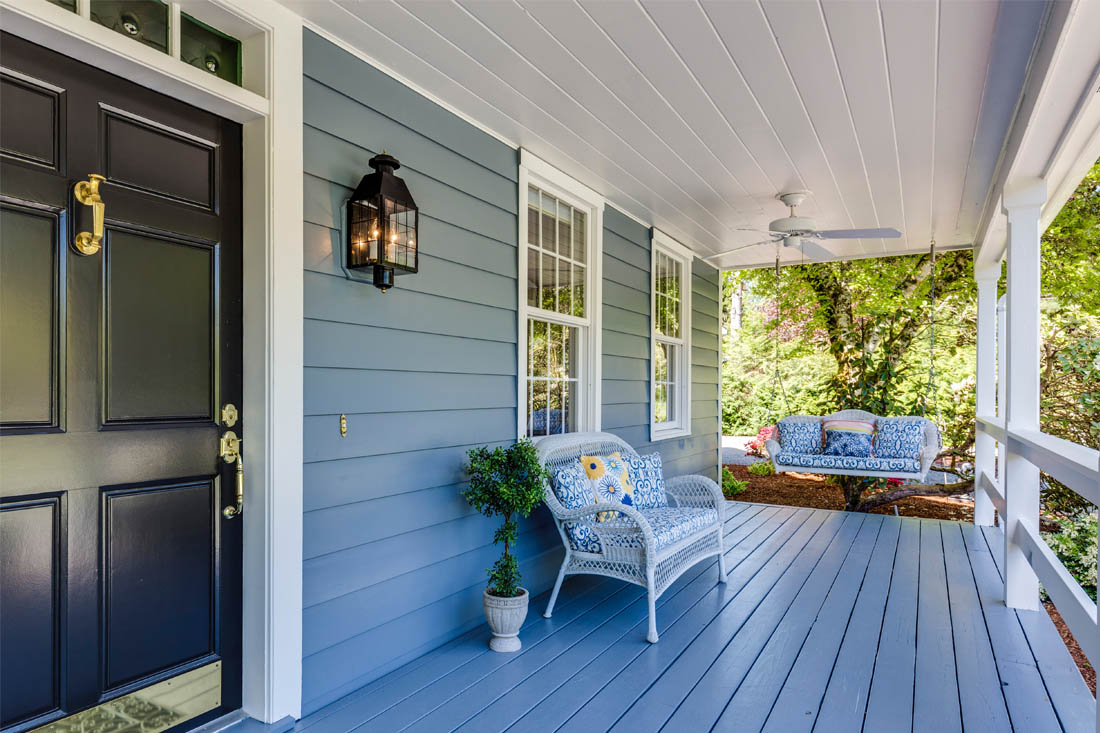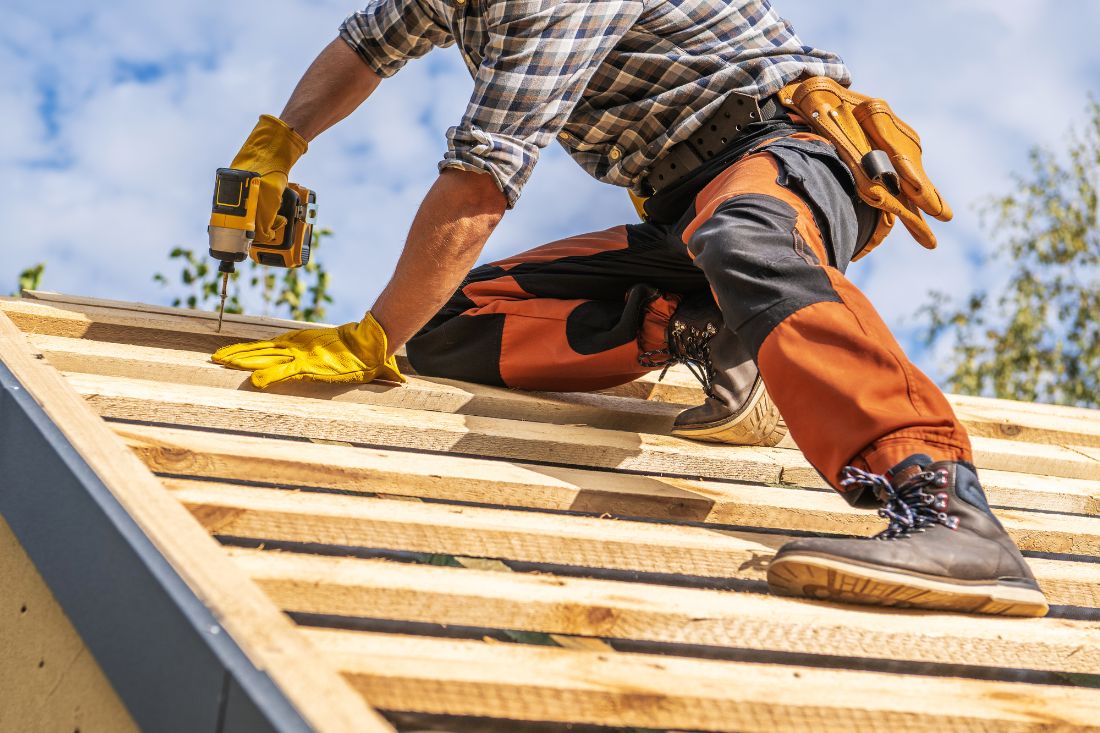When purchasing an investment property, there are a number of factors that could increase or reduce your potential return on investment. In this case it's not just location, location, location.
When considering a property for investment purposes, the most important question to ask is 'will it be attractive to tenants?'. But how do you know what will appeal to someone you've never met? Settling on a handful of locations is a good start. “Young families and couples are the ones that drive capital growth and so a location that is within a reasonable distance to schools, entertainment, transport, and an employment hub is one to look out for,” says the finance broker. Other ideal factors are a low vacancy rate and relatively high rental yield.
Although location plays a major role, it's by no means the only defining factor. “There is a mistruth a lot of people subscribe to when selling investment properties, which is to disregard the quality because you don’t have to live in it,” advises the finance broker. “You have to buy a homeowner quality property, because someone has to live in it,” he says. “And when buying an investment property, you have to have an exit strategy, which will generally involve selling to homeowners as well as investors.”
To get the most value, you need to think about the demographic of renters who are likely to be living in the area. “You have to match the property with the area,” says the finance broker. “If you put a good quality, decent sized, one bedroom apartment in the inner city, it would be a great investment, however if you put it 30km out, it wouldn't garner as much interest.”
When investing in any kind of property, be wary of any danger signs. One of the biggest mistakes Australians make is not knowing what their cash flow is. “Bad cash flow is worse than paying too much for the property,” advises the finance broker. “It is vital to know how much your chosen property is going to cost after tax, every week after you settle. There’s no point in buying a top quality property if it’s going to send you broke.”































